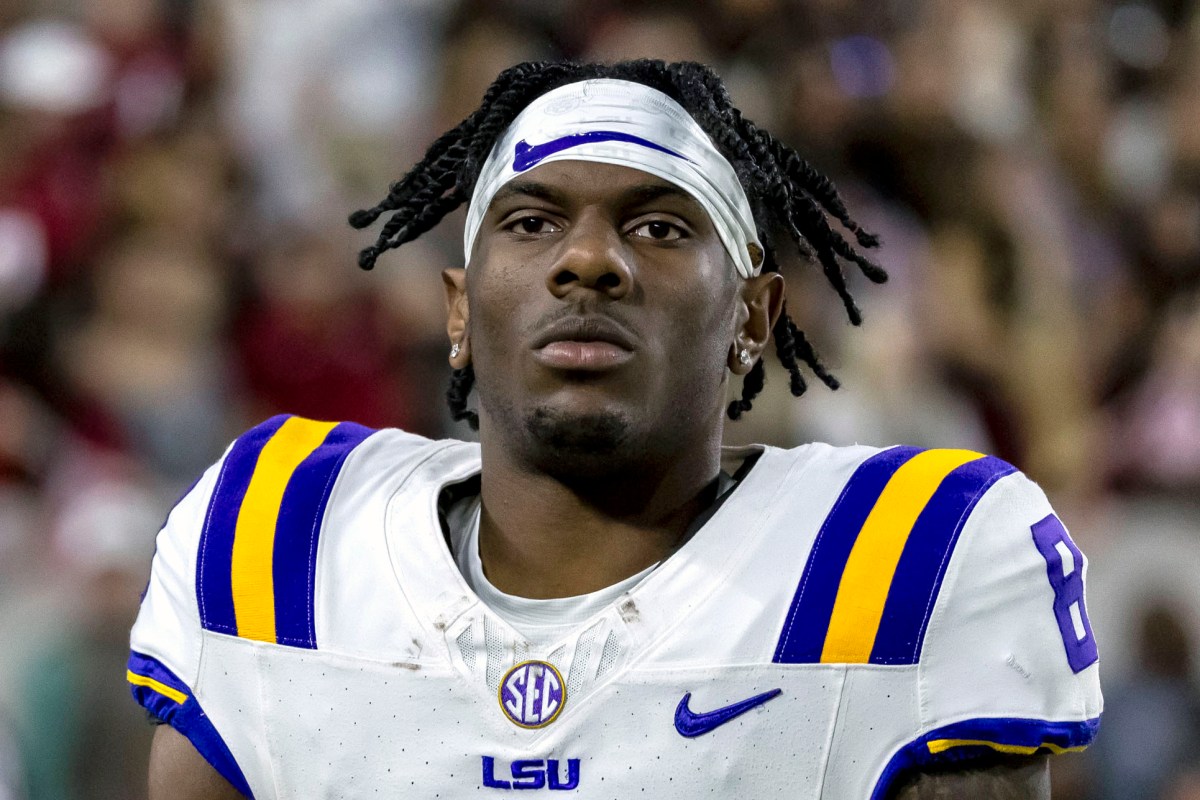During high school in Ontario, I spent a lot of time at a swamp near my family’s home. Smelling the sweet air in spring, listening to the frogs croak, and catching the insects that would become so important to my life and career gave me solace during those lonely years.
I’ve always loved the frogs and it’s sad they’re disappearing. More than 100 species are already believed to have vanished since 1980.
The situation has become so critical that conservationists have named 2008 the Year of the Frog. The motto, “Frogs matter. Jump in” is one we should all take to heart.
Biologists consider frogs and other amphibians as “the canary in the coal mine” because they live in both the aqueous and atmospheric part of the planet. They are often the first species affected by environmental problems and serve as a warning to other species, including ourselves.
One of the main threats is the spread of a fungus called chytrid (kit-rid), which is thought to have been spread initially by trading in the African clawed frog, which was used for pregnancy tests from 1934 to the 1950s. The fungus has now infected more than 100 species of frogs.
In an attempt to ensure the survival of frog species, biologists from zoos, aquariums (including the Vancouver Aquarium), and botanical gardens, have set up the Amphibian Ark. Threatened frogs are being bred and protected in captivity, but there’s no guarantee it will work. One of the challenges will be to maintain genetic diversity. Another will come when it’s time to put the frogs back. Will there even be places left for them to live?
Those are things we can all work to overcome. Some progress has been made. For example, many municipalities and some provinces have banned the cosmetic use of pesticides, which threaten frogs and other wildlife.
However, the habitat of frogs and other species are poorly protected when planning and development decisions are made. We can rectify this situation by lobbying governments to protect dwindling frog populations. Our efforts to slow global warming and to cut down on the waste we produce are also steps that will add up to make a real difference. We must listen to the frogs now, so our children and grandchildren can enjoy the symphony of their songs as we did in our childhood.
Take David Suzuki’s Nature Challenge and learn more at www.davidsuzuki.org.
Dr. David T. Suzuki is an award-winning scientist, environmentalist and broadcaster. He is the co-founder of the David Suzuki Foundation in Vancouver where he lives with his wife and two daughters.
















